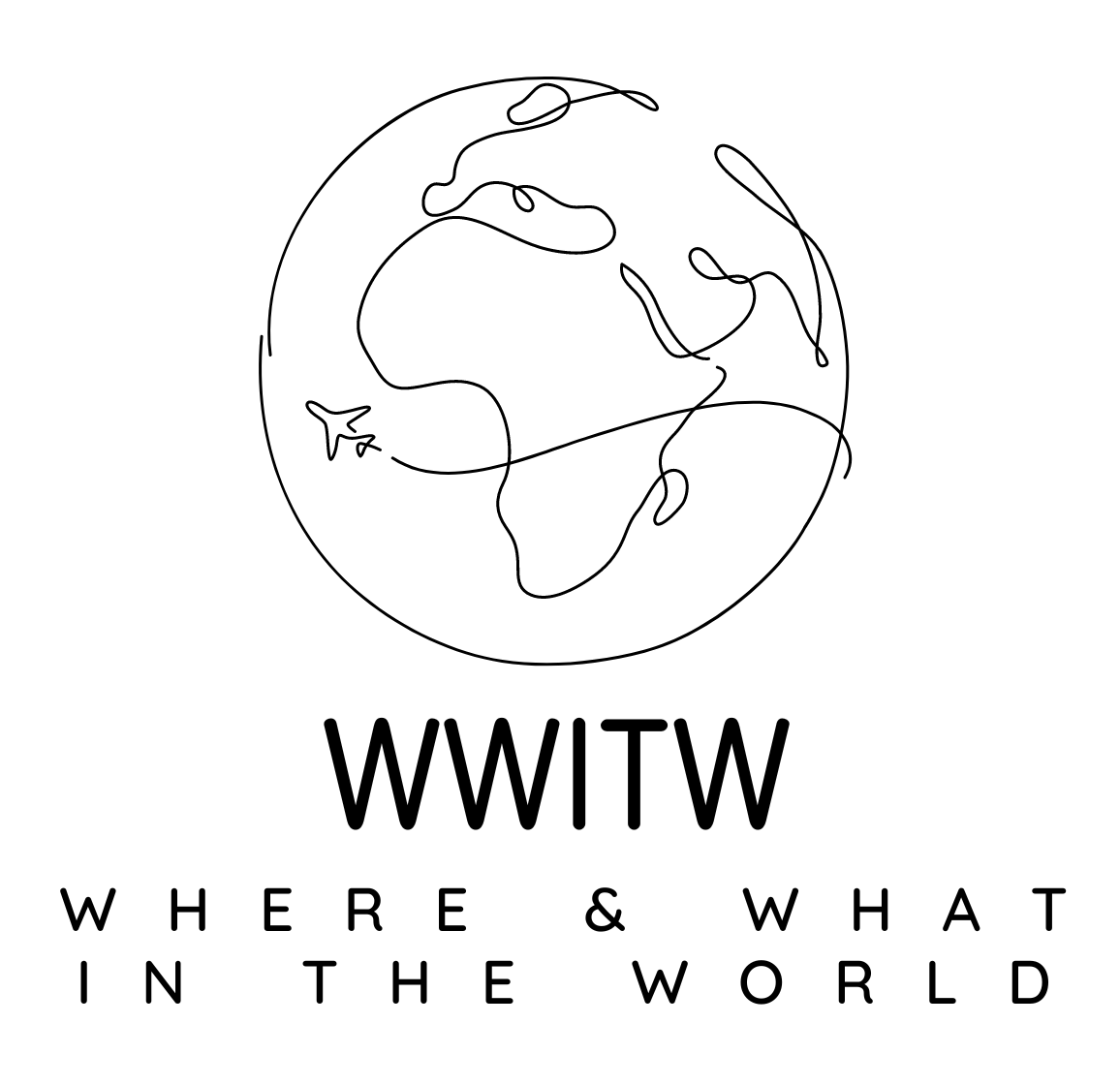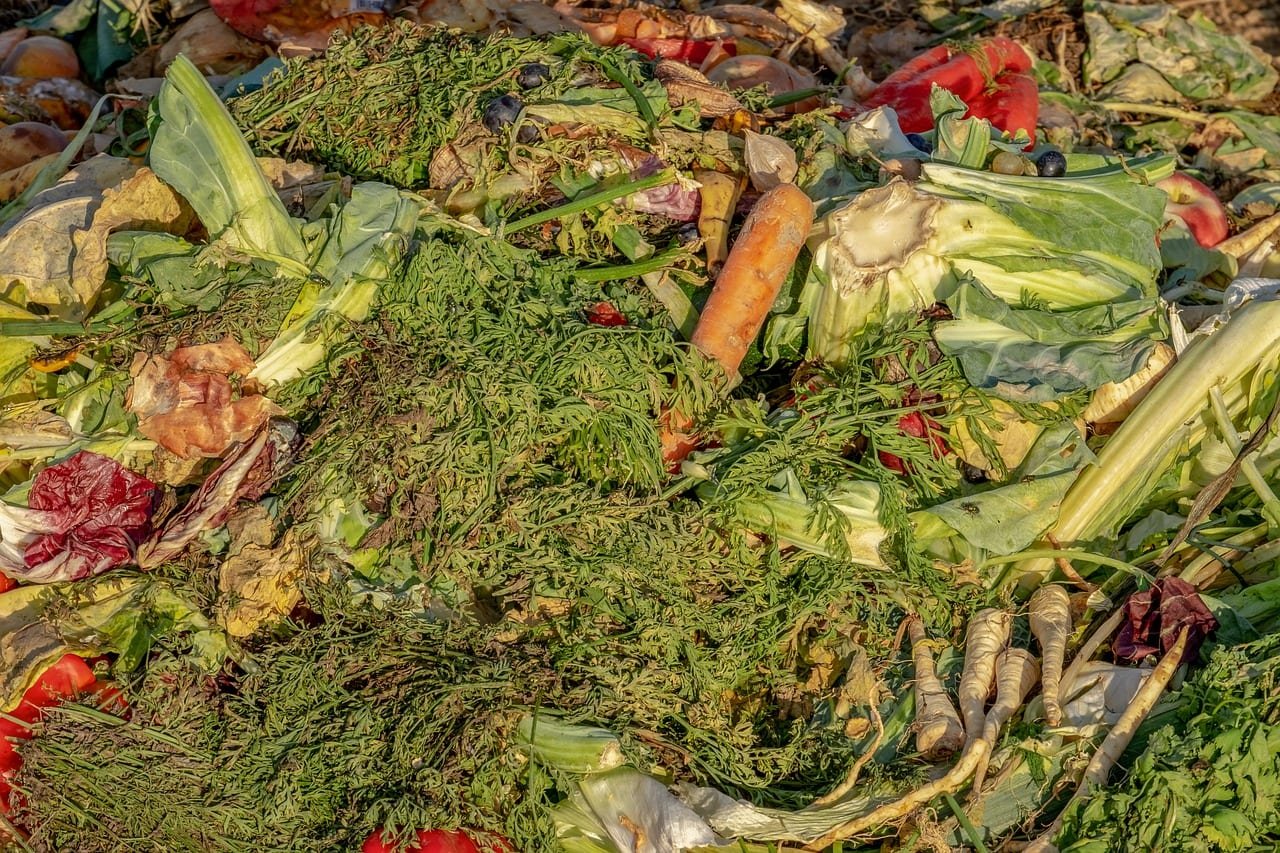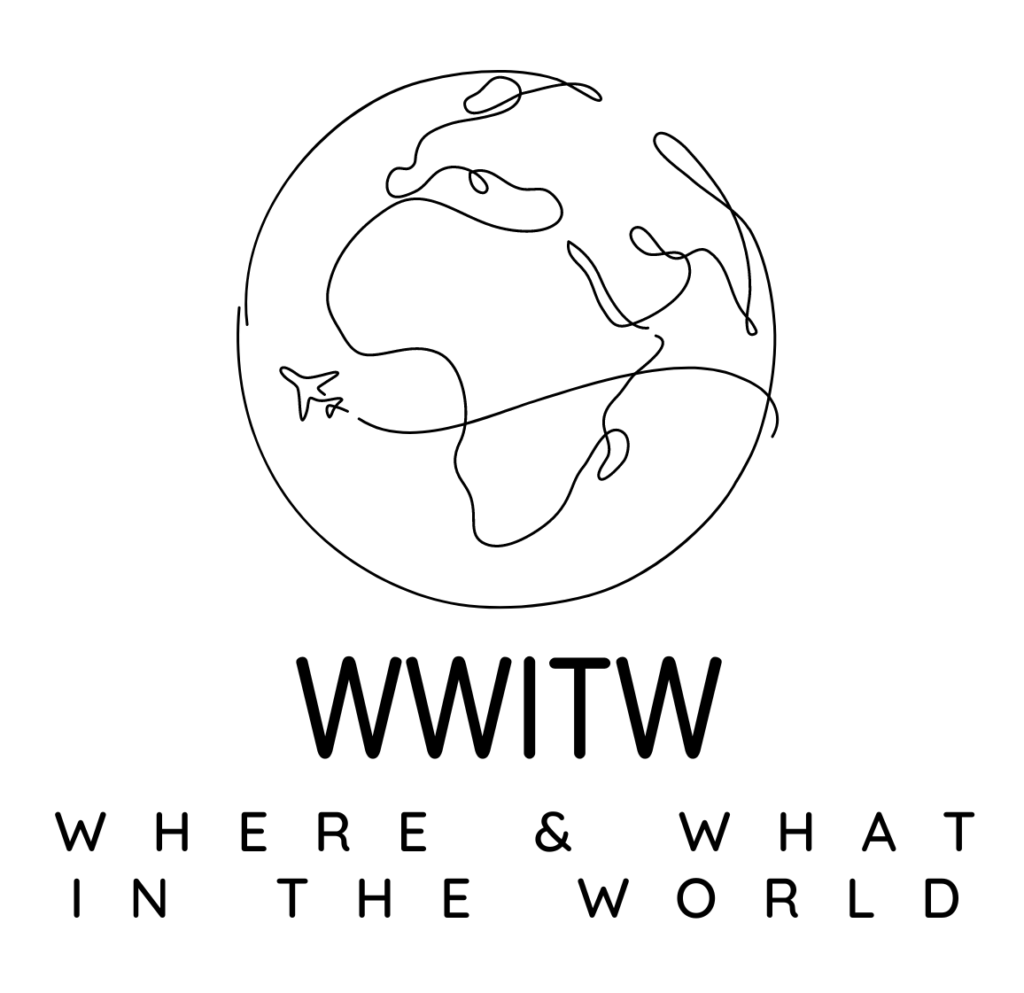The James Beard Foundation today announced the launch of Waste Not, a multi-year campaign designed to encourage culinary professionals and home cooks to reduce food waste by thinking differently about food and adopting full-use cooking methods.
The campaign will urge Americans to start with small changes just one day a week — on Waste Not Wednesday. If all Americans eliminated food waste on Waste Not Wednesdays, more than 7.8 million tons of food would be saved each yeari — enough to provide almost 13 billion mealsii to the hungry.
“Waste Not reflects the James Beard Foundation’s commitment to create a better food world,” said Clare Reichenbach, Chief Executive Officer. “Chefs are a leading voice for change. Every day in restaurant kitchens, chefs demonstrate how a full-use perspective on ingredients results in food that is more flavorful, sustainable, and economically responsible. Through both the Waste Not book and Creating a Full-Use Kitchen curriculum, more than 70 chefs are bringing inspiration as well as creative and practical ideas for chefs and home cooks to have an impact on food waste reduction.”
The James Beard Foundation in collaboration with long-standing partners, has created a series of educational tools and events to support the Waste Not campaign, including:
- Waste Not — A new cookbook featuring more than 100 unique recipes by 65 well-known chefs who incorporate commonly discarded ingredients to build layers of flavor. Chefs share their tips and tricks for turning root tops, bones, scraps, seeds, and other ingredients into essential building blocks of good food.
- Creating a Full-Use Kitchen — A free online curriculum for culinary professionals. Created with founding support from The Rockefeller Foundation, and served up by Morton Salt®, with food waste tracking partner LeanPath, the curriculum is designed to train the next generation of chefs and culinary professionals on techniques and creative approaches to food waste that reduce costs, improve nutrition and enhance sustainability.
- Culinary Labs — An experiential learning opportunity for culinary professionals from across the country to increase their understanding of food-systems issues — including food waste reduction — sustainable solutions, and practical application.
- Waste Not Wednesday — A movement to inspire consumers to make simple changes one day a week to reduce food waste. The James Beard Foundation will share tips, recipes, and tools from leading chefs each Wednesday, and has also produced a Public Service Announcementfeaturing Tiffany Derry, a Top Chef fan favorite and host of Hungry Investors.
- Taste America — A ten-city tour that celebrates the country’s diverse culinary culture and the important role that chefs play in advocating for a more delicious, sustainable, and equitable food world. This year’s program will feature unique dining events and in-store cooking demos at Sur La Table (including some of the delicious recipes in Waste Not). In keeping with the Foundation’s commitment to reducing food waste, viable leftover food from the events will be donated to those in need in partnership with Feeding America®.
- Chefs Boot Camp for Policy and Change — The signature program trains chefs to become advocates for eliminating food waste and adopting more sustainable practices. More than 200 chefs have already been trained through the program and another 50 are expected to participate next year.
- Waste Reduction Practices — Efforts that will reduce food waste by an estimated 30 percent at dining events hosted at the historic James Beard House and around the country.
The environmental and cost implications of food waste are staggering. An estimated 40 percent of all the food produced in the U.S. gets thrown away,iii translating to $1,500 in wasted money each year for every American household.iv
“Even a 15 percent reduction in food waste could save enough food to feed 25 million Americans annually,” said chef Tom Colicchio in the forward to the Waste Not cookbook. “Small habits, adopted by many, can tip a culture from indifference and neglect toward a saner, more just future in which we all can share.”
Whether you are a home cook or culinary professional, you can experience new flavors and make a difference. Some tips from the Waste Not cookbook include:
- When salad greens start to wilt, sauté them with some olive oil and garlic for a bright side dish.
- Save asparagus bottoms, carrot tops, mushroom stems, and other vegetable parts in freezer bags or containers for use in stocks, soups, and sauces.
- Buy meat, poultry, and fish on the bone. Save the bones for making stocks, or cook larger meat bones and feed them to pets.
- Use leftover rice to make fried rice on days you don’t feel like cooking something new, folding in whatever protein and vegetables you have on hand.
- If you find that fruit is getting too soft or old, put it in the freezer to use later in a homemade smoothie, or purée and mix with seltzer for a refreshing homemade soda.
About the James Beard Foundation
For over 30 years, the James Beard Foundation has championed chefs and other culinary professionals while highlighting the centrality of food culture in our daily lives. Through the James Beard Awards, unique dining experiences at the James Beard House and around the country, scholarships, hands-on learning, and a variety of industry programs that educate and empower leaders in our community, the Foundation has built a platform for chefs and asserted the power of gastronomy to drive behavior, culture, and policy change around food. For more information visit jamesbeard.org and follow @beardfoundation on Facebook, Twitter and Instagram.
i Figure based on multiplying 150,000 tons of food wasted each day (reported by USDA) by 52 days, http://journals.plos.org/plosone/article?id=10.1371/journal.pone.0195405
ii Calculation based on USDA data point: 1.2 pounds equals one meal, http://www.feedingamerica.org/ways-to-give/faq/about-our-claims.html
iii NRDC, https://www.nrdc.org/sites/default/files/wasted-2017-report.pdf
iv USDA, https://www.usda.gov/media/press-releases/2015/09/16/usda-and-epa-join-private-sector-charitable-organizations-set














